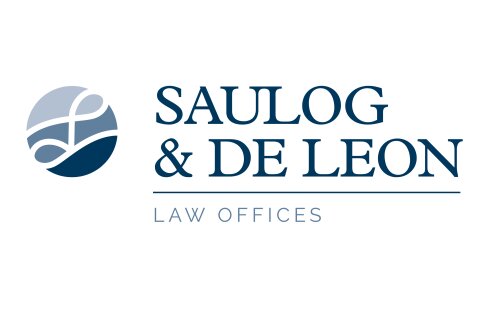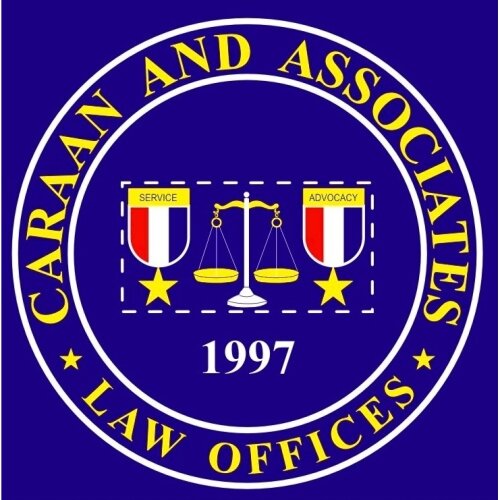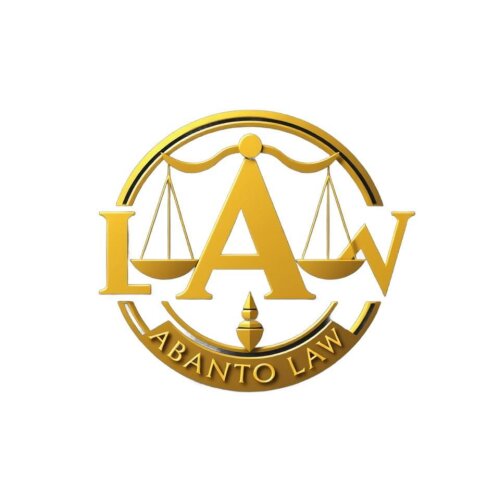Best Assault & Battery Lawyers in Philippines
Share your needs with us, get contacted by law firms.
Free. Takes 2 min.
Or refine your search by selecting a city:
List of the best lawyers in Philippines
About Assault & Battery Law in Philippines
Assault and battery are criminal offenses that involve causing or attempting to cause physical harm to another person. In the Philippines, these offenses are governed by the Revised Penal Code. Assault generally refers to the threat or attempt of violence, whereas battery involves actual physical contact. Those found guilty can face fines, imprisonment, or both, depending on the severity of the offense and the circumstances involved.
Why You May Need a Lawyer
Legal assistance may be necessary in various situations concerning assault and battery, such as:
- Being accused of committing assault or battery crimes and needing defense.
- Being a victim seeking justice or compensation for harm suffered.
- Navigating complex legal paperwork and procedures involved in criminal cases.
- Understanding your rights and the potential consequences of legal actions taken against you or initiated by you.
- Engaging in mediation or settlement discussions with opposing parties.
Local Laws Overview
The Revised Penal Code of the Philippines includes several provisions related to assault and battery, known locally as "physical injuries." Key aspects include:
- Article 266: Defines and categorizes physical injuries into serious, less serious, and slight physical injuries, with varying penalties.
- Self-defense: Legal provision that allows avoidance of criminal liability if the act of assault was in self-defense, provided it meets certain criteria.
- Penalties: These can range from arresto menor (imprisonment for one day to 30 days) for slight physical injuries to reclusión temporal (imprisonment from 12 years and one day to 20 years) for serious physical injuries.
- Aggressors: Special penalties for law enforcement agents who overstep their boundaries in the commission of such acts.
Frequently Asked Questions
What is the difference between assault and battery?
Assault refers to an attempt or threat to inflict harm, while battery involves actual physical contact or harm.
What are potential defenses for assault and battery charges?
Common defenses include self-defense, defense of others, lack of intent, and defending property.
What should I do if I've been accused of assault or battery?
Seek immediate legal advice, avoid discussing the case with anyone other than your lawyer, and gather any evidence or witness information that can support your case.
Can I settle an assault or battery case out of court?
Yes, settlements can often be reached out of court through negotiations between the involved parties and their legal representatives.
How long does an assault or battery case take to resolve?
The duration varies based on case complexity, court schedules, and willingness of parties to negotiate. It can range from months to years.
Are juveniles charged differently for assault and battery?
Yes, juveniles may face different procedures and penalties aimed at rehabilitation rather than punishment.
What should I do if I am a victim of assault?
Report the incident to the police immediately, seek medical attention if necessary, and preserve any evidence that can support your case.
What are the penalties for assault and battery in the Philippines?
Penalties range from fines and short-term imprisonment for minor incidents to long-term imprisonment for severe cases.
What evidence is needed to prove assault and battery?
Evidence can include witness testimony, medical reports, video footage, or any physical evidence related to injuries sustained.
Can I claim compensation if I was a victim of assault and battery?
Yes, victims may seek compensation for medical expenses, lost wages, and other damages related to the incident.
Additional Resources
Consider reaching out to the following resources for assistance:
- Philippine Commission on Human Rights: Offers assistance on human rights violations including those related to assault and battery.
- Public Attorney's Office (PAO): Provides free legal assistance to those in need, especially indigent individuals.
- Local police stations: Investigate crimes and provide guidance on legal actions that victims can undertake.
Next Steps
If you require legal assistance in matters related to assault and battery, you should:
- Contact a qualified lawyer who specializes in criminal law to discuss your case.
- Gather any documentation, evidence, and information relevant to your situation.
- Consider the legal advice provided and the potential outcomes before proceeding with legal action or defense.
- Stay informed of your rights and the judicial process in order to make well-informed decisions.
Taking timely action and seeking professional legal counsel are crucial steps in effectively addressing and resolving issues related to assault and battery in the Philippines.
Lawzana helps you find the best lawyers and law firms in Philippines through a curated and pre-screened list of qualified legal professionals. Our platform offers rankings and detailed profiles of attorneys and law firms, allowing you to compare based on practice areas, including Assault & Battery, experience, and client feedback.
Each profile includes a description of the firm's areas of practice, client reviews, team members and partners, year of establishment, spoken languages, office locations, contact information, social media presence, and any published articles or resources. Most firms on our platform speak English and are experienced in both local and international legal matters.
Get a quote from top-rated law firms in Philippines — quickly, securely, and without unnecessary hassle.
Disclaimer:
The information provided on this page is for general informational purposes only and does not constitute legal advice. While we strive to ensure the accuracy and relevance of the content, legal information may change over time, and interpretations of the law can vary. You should always consult with a qualified legal professional for advice specific to your situation.
We disclaim all liability for actions taken or not taken based on the content of this page. If you believe any information is incorrect or outdated, please contact us, and we will review and update it where appropriate.
Browse assault & battery law firms by city in Philippines
Refine your search by selecting a city.

















